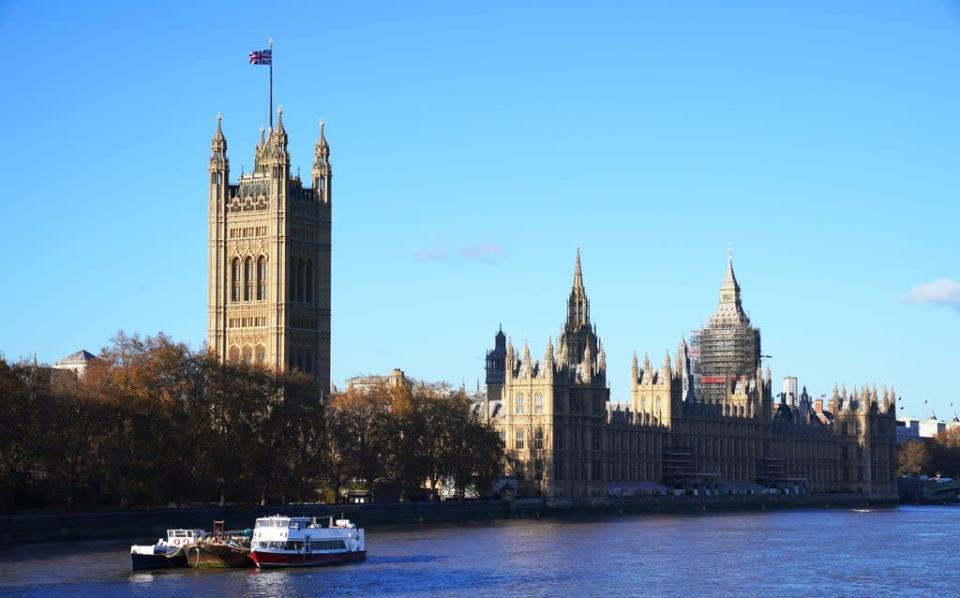
A new legislation to quit terrorists professing authorized help hazards “unintended consequences” and could improve the hazard of them carrying out a new assault, the government’s terror watchdog has warned Parliament.
Jonathan Corridor QC explained that clauses in the new Nationwide Security Monthly bill bringing in a 30-yr ban on terror convicts boasting civil lawful aid were being meant by ministers to be “symbolic”.
He explained the government’s goal was “to replicate the importance of the bonds with the state and society that are broken by the fee of terrorist offences”.
But he warned that the reform could backfire by stopping them from acquiring enable for psychological well being, housing or other troubles, and by undermining the chances of them reintegrating effectively back into society immediately after release from prison.
“Even symbolic limits may have practical repercussions,” Mr Hall warns parliamentarians in a briefing observe on the new legislation.
“No released terrorist offender is going to reoffend just mainly because their access to civil lawful help is restricted. But authorized advice and aid is related to securing assist on housing, debt and mental overall health.
“A homeless terrorist offender, or a single whose mental wellbeing demands are unaddressed, will present a bigger danger to the community. There is a risk of unintended penalties.”
Mr Hall, the independent reviewer of terrorism legislation, provides that although introduced terrorist offenders “do present a individual risk” the “best outcome” for the community is for them to reintegrate into modern society correctly.
“A terrorist offender who goes back into modern society and life quietly is a rosier prospect than one particular who requirements perpetual monitoring,” his briefing observe states.




